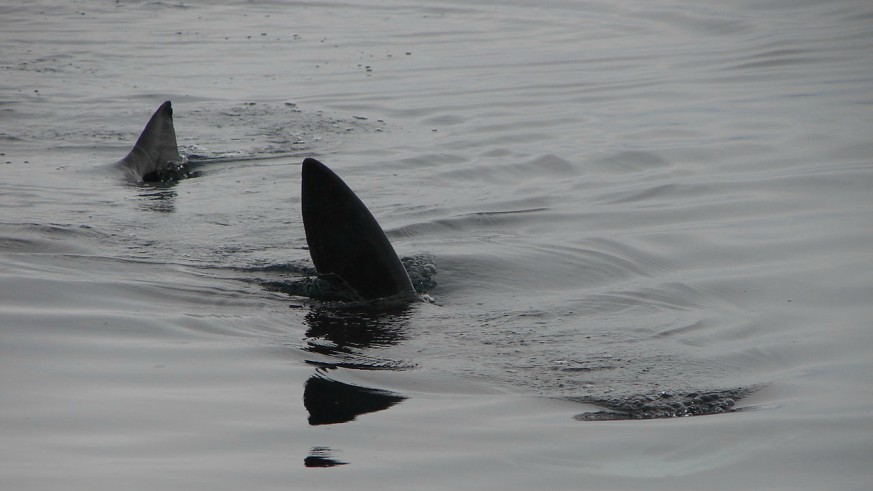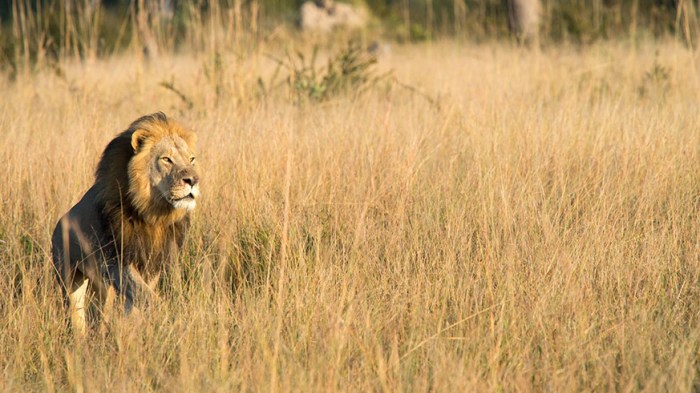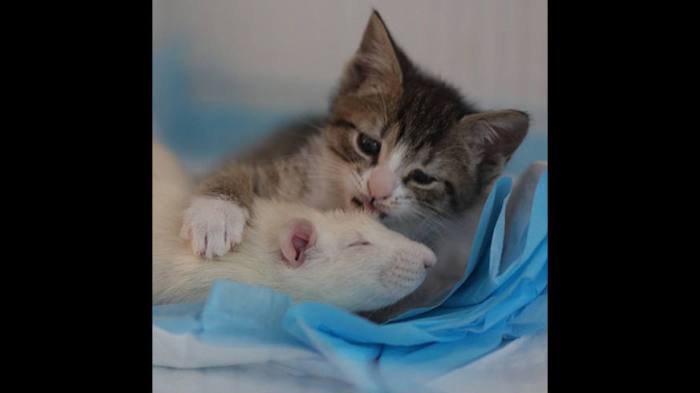Though there may not be a “boom” of great white sharks off of Cape Cod this summer, there will still be some of the sea creatures swimming around. With a few sightings already confirmed this year, beachgoers may be wondering if they’ll spot a Jaws look-a-like themselves.
Massachusetts Marine Fisheries scientist Gregory Skomal said that it may seem like there are more great white sightings simply because people always have their cellphones with them and can take pictures anytime.
But he also said a lot of those photos aren’t actually of great whites, even if the person who snapped it thinks that’s what they saw.
“People are seeing sharks everywhere, and many folks like to think they’re white sharks,” he said. “Almost all of them, with the exception of a few, have been basking sharks.”
Basking sharks don’t prey on the cape seal population that the great whites are after. Instead, they eat plankton.
“They’re completely harmless animals,” Skomal said. “They’re like a whale stuck in a shark’s body.”
So how can you tell if the shark you saw is a harmless basking shark or a Jaws-esque great white? Here’s some of the key differences.
Basking sharks, though harmless, may seem bigger and more threatening. They can get up to 30 feet long, Skomal said, whereas white sharks aren’t larger than about 19 feet.
Basking sharks do have a lighter belly, which may be the point of some confusion, but it won’t be as bright white as a great white shark’s stomach, he added.
The basking sharks coloring is more mottled and they have a bright white mouth, inside of which are tiny little teeth (since they feed off of plankton). They also have bigger gills that extend almost to the tops of their heads.
And that cliche shark image of the dorsal fin peeping out above the water? That’s more likely to be a basking shark, because they stick closer to the surface and have a bigger, rounded dorsal fin.
Skomal said that every summer, with more people in the water and almost everyone with a cellphone, there’s an inaccurate amount of attention paid to great whites.
“We get an artificial inflation of shark numbers,” he said.
But if you still can’t figure out if that thing you spotted in the sea is a bashful basking shark or a great white worth reporting, Skomal said to let a scientist know anyway.
“Take a picture, or videos are great, and send it to our agency,” he said.
Massachusetts Marine Fisheries and the Atlantic White Shark Conservancy have together developed an app called “Sharktivity” that anyone can use to share their sightings.
















